Latest figures reveal that over two-thirds of Gateway 2 applications transferred to the BSR last autumn remain unapproved, despite earlier assurances from officials that the logjam would be resolved by now.
The delays are beginning to impact project financing, with banks pulling back from the high-risk building sector.
One bank told the Enquirer it had been forced to reassess its exposure to schemes stuck in the approval process.
“With these delays holding up projects, we’ve reassessed our risks and, like other banks, are stepping away from the high-rise residential market,” a spokesperson said. “There are simply easier, less risky investment options elsewhere.”
The backlog stems from the withdrawl of private building control firms Assent Building Control and AIS Surveyors last autumn, which resulted in 45 in-flight applications being handed to the BSR.
These complex schemes were blamed for creating the bottleneck in Gateway 2 approvals needed to start construction.
In February, Philip White, HSE Director of Building Safety, told the Enquirer that the backlog would be cleared by April. However, more than six months later, only 14 of the 45 projects have been approved.
A further 10 projects seek Gateway 3 approval—required before occupation—but just one has been cleared.
Gateway 2 applications transferred
- 45 applications
- 14 approved
Gateway 3 transferred
- 10 applications
- 1 approved
A spokeswoman for HSE said: “We acknowledge there have been delays to processing approvals for building control applications and we are working to put this right.
“A backlog of complex in-flight higher risk projects which came into BSR after the collapse of private registered building control approver AIS Surveyors initially drove up processing times.
“However as of February, following increased resourcing and new processes, processing time for new more complex, higher-risk building projects under Gateway 2 has decreased to an average of 16/17 weeks.
“Handling time for lower-risk category B projects is also now down to around 10 weeks. “
She added: “Outside of the backlog there are a small number of highly-complex ‘in build’ transitional cases which are not yet of a sufficient standard to be approved.
“We are taking a pragmatic approach to these cases to make sure building work can continue.
“We are confident that all the operational contingency measures we’ve put in place, including dedicated support from industry will also allow us to clear the applications in the backlog as we head into the new financial year.
“We also expect the handling time for new applications to continue to reduce as the operational contingency measures have impact.”





 (300 x 250 px).jpg)











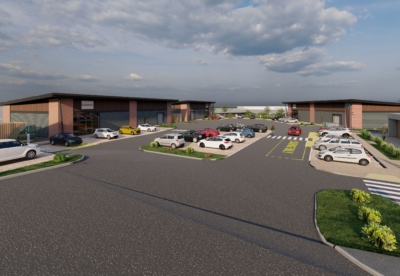

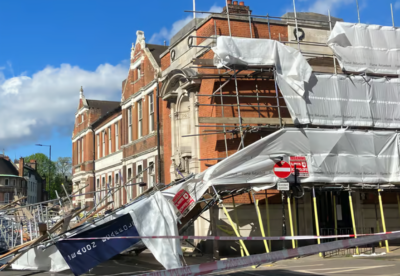
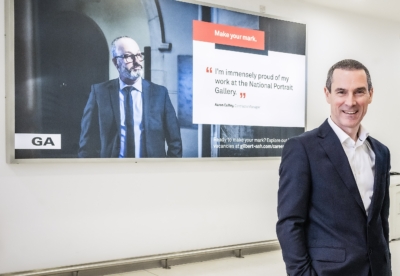
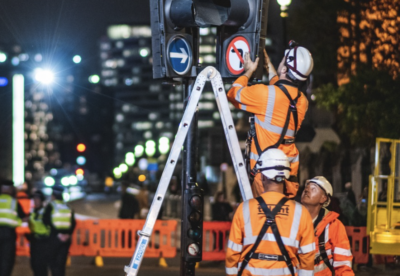


















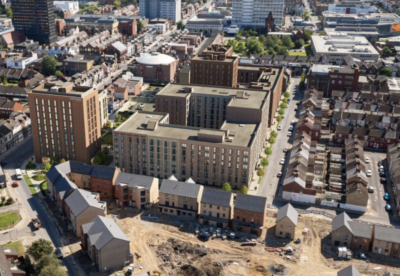

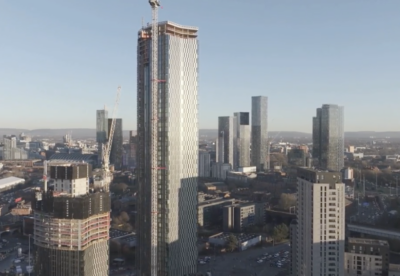










.gif)
